

BRUSSELS (Reuters)
The European Union decided not to take up an option to buy 100 million doses of the Johnson & Johnson’s COVID-19 vaccine and is considering donating another 100 million optional shots if ordered, European officials said.
The discussions show a drop in confidence in the one-dose shot, which was initially touted as crucial for a successful vaccination drive in Europe but has been largely relegated to a backup choice after safety and supply problems.
The EU at the end of March let the term to order 100 million extra doses lapse, three European officials with direct knowledge of contracts with vaccine makers told Reuters, revealing a confidential clause of the contract with J&J which had not been previously disclosed.
Under the contract, the EU ordered 200 million doses of the vaccine, and had options to buy another 200 million in two separate tranches.
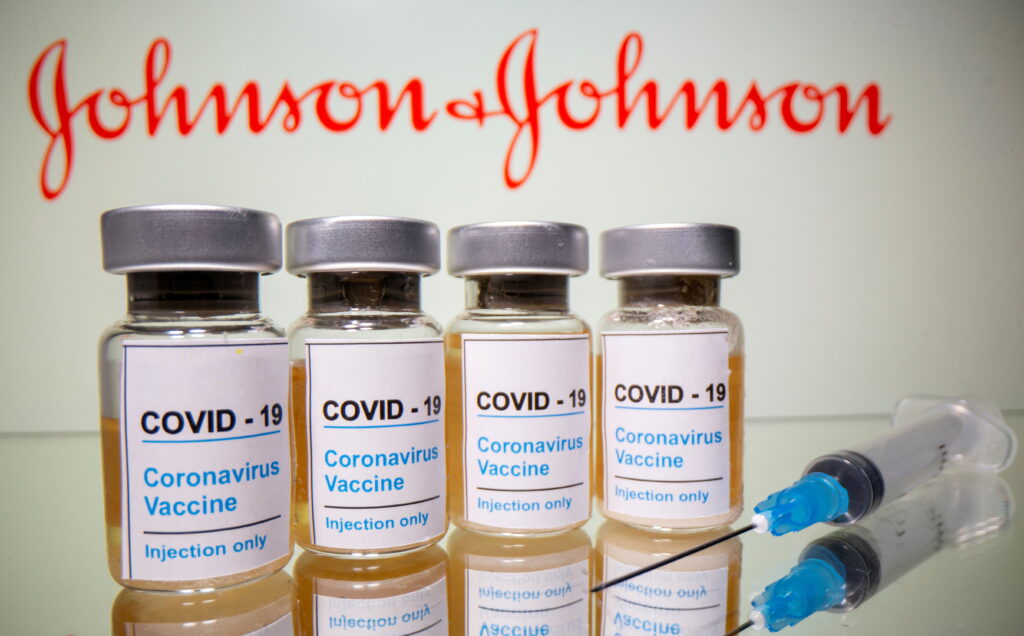
The deadline for the second option for the remaining 100 million doses expires at the end of June but no decision has yet been made about whether to exercise it, the officials said.
It is possible that the company’s supply problems might play a role in the decision. As part of the initial order, J&J committed to delivering 55 million doses to the EU by the end of June but has so far shipped only about 12 million, according to an EU Commission official with access to the latest delivery figures.
EU governments “have voiced their concerns at the current delays”, the EU spokesman said.
Two U.S.-made batches with millions of vaccines have been on hold for weeks as the European Medicines Agency (EMA) assesses their safety after cases of contaminations at a factory run by J&J subcontractor Emergent in the United States.

In another hiccup, Johnson & Johnson also briefly suspended deliveries to the EU just after it began them in April over health concerns. The vaccine has been linked to very rare but serious cases of blood clots.
The EU has secured enough vaccines from other suppliers to immunize its adult population in the summer, internal estimates show, and has also a large contract with Pfizer/BioNTech for the next years, should boosters be needed.
However, the EU is still considering the possible order of optional J&J doses, mostly with the intent of donating them to poorer countries, the officials said.

The EU has so far pledged to donate at least 100 million excess doses by the end of the year.
COVAX, a vaccine programme co-led by the World Health Organization, has so far delivered only about 80 million doses to nearly 130 countries with a combined population of billions.
Before it faced supply problems, COVAX planned to ship at least 2 billion doses by the end of the year. It now relies largely on donations to meet that target.
Some of the EU’s extra doses from J&J, if ordered, could be offered to COVAX, the officials said. But some EU countries may also decide to keep some for their own populations.

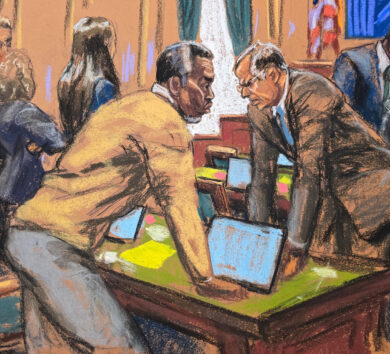
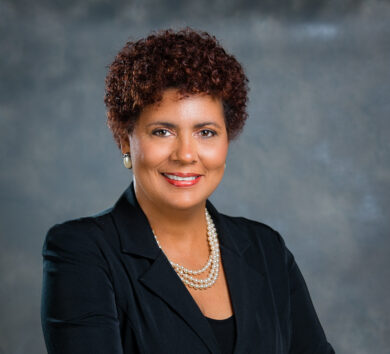
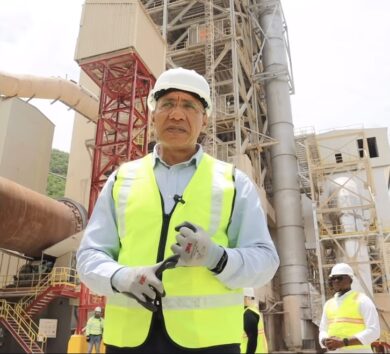
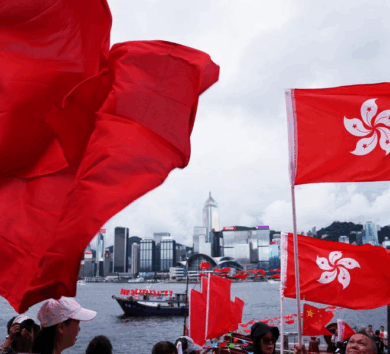

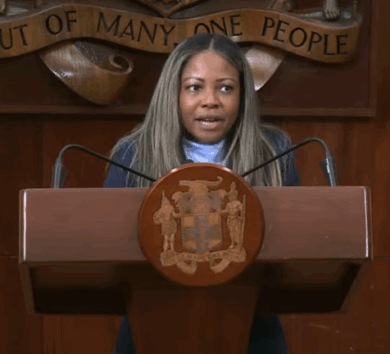
Comments